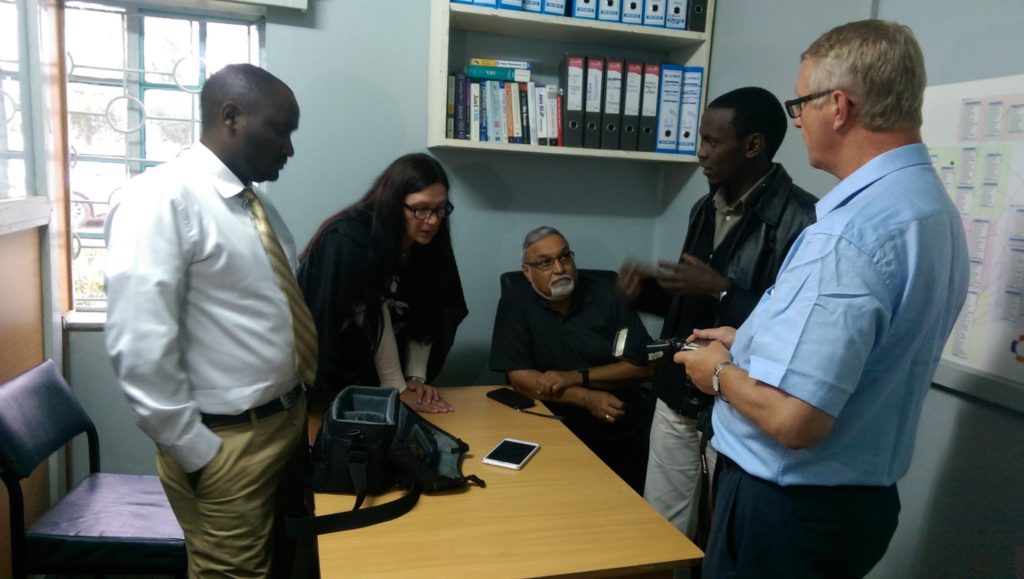
A Vanderbilt professor has been helping establish electronic health records in his home country of Kenya, which includes vast expanses cut off from internet access. And he says the lessons from Africa could help expand care to isolated parts of the U.S.
Martin Were says the United States isn’t so different from Kenya. There are still lots of people who have trouble getting to see a doctor or nurse.
“It could be parts of Appalachia, or it could be the inner cities within the United States — among populations that have a lower educational level or that might be a little more intimidated to reach out to providers,” he says.
In Africa, Were’s work is supported by the Kenyan Ministry of Health and Centers for Disease Control, which is very interested in
preventing the spread of HIV.
So first, they had to build an app that could work on a smartphone, even when there’s no way to connect to the internet. Then they needed the electronic health record to be more than just a patient’s charts in digital form. So they made it where even a poorly trained health worker would be walked through what to do when they input certain symptoms or vital signs.
“Essentially, decision support allows them to know what the standard of care is based on what is being entered on the patient at the time,” he says.
Were’s open-source application is called ”
mUzima,” which uses the Swahili word for “life.” His next challenge is creating personal health records that patients could keep on their own mobile phone to help them manage their HIV or even hypertension with regular reminders.
And the personal health records will also start out in Africa. Were says it’s almost easier to experiment with such technology in a country where there are fewer established systems.
“The concepts become more important than the individual technology itself,” Were says. “You can apply different types of technology to address the same solution.”


